Stalemate in govt, Labour talks on petrol, power prices
AFTER hours of talks, the government and Labour on Thursday failed to reach an agreement on the solution to petrol and electricity pricing.
The government insisted that there is no going back on deregulation of the petroleum downstream sector. It added that there is no cash to bridge the funding gap in electricity supply.
Labour said there is no alternative to the reversal of the new rates — which the government said it no longer had control over — or it will call workers and Nigerians out on strike from Monday.
The parley at the Presidential Villa ended last night on that note.
Minister of Labour and Employment Dr. Chris Ngige, who led the government delegation, said: “Fruitful meeting. They are going back to their organs. When they consult their organs tomorrow, next tomorrow, maybe they will take a new decision.
“We have requested them to shelve the strike. We have appealed to them.
“The government side agreed proposals with them on the palliative to cushion the effect of the rise in petroleum products and electricity.
“The meeting agreed to adjourn to Monday, 3pm.”
The Government explained its decisions to Labour leaders, saying it does not have N50 billion every 30 days to pay the Power Generating Companies (GenCos).
Besides, the government said it will be difficult to revert the tariff hike because it will amount to policy summersault.
It argued that monies meant for the payment of salaries cannot be used to settle GenCos, insisting that the proposal for price increase to take place after metering all consumers cannot work, because it will take a long time.
The government argued that the problem was created by the previous administration that privatised and gave the Distribution Companies (DisCos) to people without the managerial and technical ability and without Foreign Direct Investment (FDI).
The government proposed a sub-committee with Labour to tender a report within two weeks. But the move was rejected by Labour leaders who insisted on total reversal of the new rates.
Government told labour leaders that it was in discussion with third parties to revamp refineries and make them perform to optimal capacity by producing 18 million litres daily.
Fifty-four million litres are currently being imported. It insisted that subsidy was no longer sustainable because of the state of the economy with earnings dropping by 60 per cent.
It also said it was looking towards modular refineries coming on board to solve the energy crisis.
Besides, the government said it will introduce an alternative in auto gas which is expected to take off next month.
On transportation, the government said it had proposed support for Mass Transit through the Central Bank of Nigeria (CBN).
The government also made proposals for affordable housing for Nigerians through the Federal Ministry of Housing and Federal Mortgage Bank.
The pilot projects proposed in the Federal Capital Territory, and 13 states.
After the first two hours of talks, the meeting broke out into sessions to allow labour leaders to deliberate on the presentation made by the government.
After the sideline talks, the meeting resumed at about 7:30pm. Sources at the technical session told our reporter that Labour did not change its position.
At Thursday’s meeting were Ministers of Information and Culture, Lai Mohammed; Petroleum, Timipre Sylva; Labour and Employment, Festus Keyamo; Secretary to the Government of the Federation, Boss Mustapha; the Group Managing Director (GMD) of the Nigerian National Petroleum Corporation (NNPC) Mele Kyari and other government officials.
Labour was led by Nigeria Labour Congress (NLC) President Ayuba Wabba; Trade Union Congress (TUC) President Quadri Olaleye and others.
Mustapha said the deregulation of the Petroleum sector was long overdue.
However, Olaleye maintained TUC’s previous position that government should revert to the old prices before any discussion would continue.
Ngige and the TUC president had a shouting match over the letter to President Muhammadu Buhari to reverse the prices of petrol and electricity tariff by the TUC.
Olaleye asked Ngige to withdraw the statement that the TUC was not right to write to the President.
Besides, Comrade Olaleye in his remarks before the meeting went into the closed session insisted that the TUC stood on its earlier submission that the government should reverse the price hike before they would go into talks.
He said: “The most important thing to us today is that we are here, we are engaging with you. Like I mentioned in the last meeting we had here that if we have been having constructive engagement in the past, maybe we would have been able to solve some of these problems.
“But the government turned a deaf ear to us even before the arrival of the world enemy COVID-19. We wrote to government suggesting alternative way to run the economy, but nobody ever listened.
“N30, 000 minimum wage was agreed last year and now there is increase in PMS price, increase in tariff of electricity, introduction of stamp duty and some other hardship on the workers and there families . We live in a country where a worker is responsible to more than 12 people.
“At least eight from his family and the other six from the in-laws house. I wonder how N30, 000 will be able to cater for all these but instead of the government to look at a better way to increase our lot, we are the sacrificial animal to make the economy better for few people.
“The politicians have scrapped the middle class that we used to have, they have taken away our hope, it’s either you are rich in this country now or you are poor. No more middle class and these are the things we need people to look into if we actually want peace in the country.
Wabba said Labour is the only organisation that is Pan-Nigeria and that the best way to address challenges, whether socio-economic or labour issues was to proactively engage labour and have its perspective.
“We are here to continue with the dialogue that started last week. As you are aware, after the dialogue, we were able to update all our members
“We are here to find a lasting solution to perennial issue of the twin challenge of increase in pump price in the name of deregulation and also the issue electricity tariff increase, which we have explained the impact on Nigerian workers, but importantly the larger Nigerian society.
“The last time we were here, we also had a lot of discussion about what we expect tht should have been done. If we have been on the same issue for over 30 years. All of us could recall that in the analogy we gave in the last meeting, this particular issue started in 1988 under Babangida under the name of deregulation or subsidy removal.
“I think the argument has been the same – people want to see reduction in those prices which will then improve the lives of nigerians, particularly workers.
“Clearly, part of the challenges is that this new increase has also reduced our purchasing power and eroded the gains that we have been able to make with the minimum wage, where as we speak, many states are yet to implement,” he stated.
The Nation
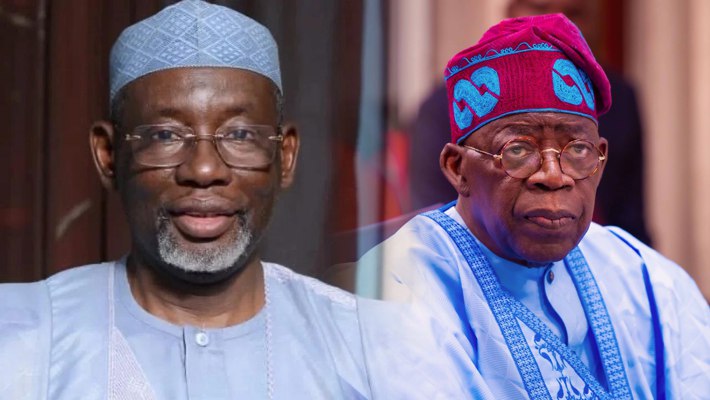

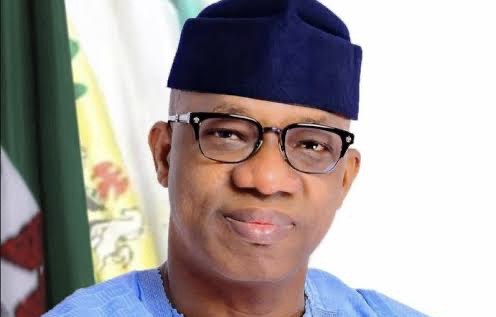
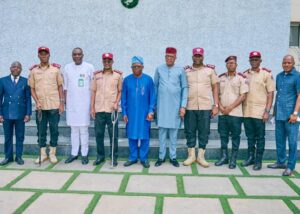
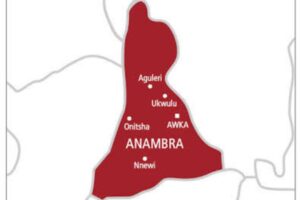


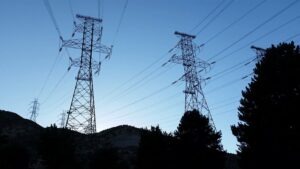
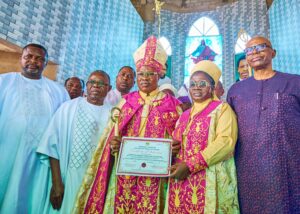

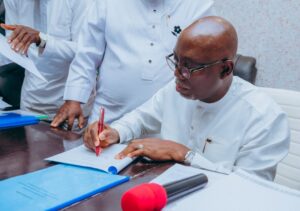

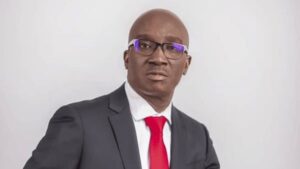
Post Comment